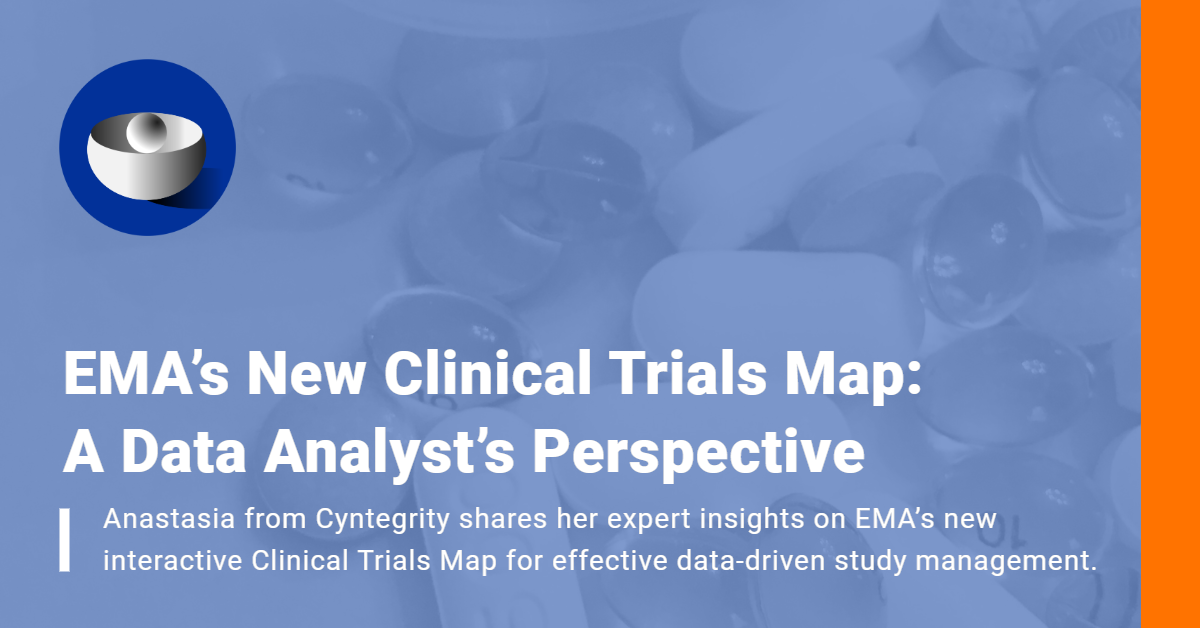[Scroll down to download your free resources on Change Management.]
Change Is a Significant Source of Risk
Increasingly, clinical research organizations (CRO) are observing that their compliance programs are not achieving their intended outcomes. 100% compliance is seen as too expensive, ineffective and unable to keep up with the new and emerging ICH GDP standards and regulations. Compliance appears to be falling behind, and in the process, exposing bio-pharma companies to unnecessary risk.
So, when planning and implementing improvements to their research operations – whether that means creating new processes to ensure regulatory compliance or adopting a new piece of technology – it is essential that they’re not forgetting the basic principles of change management.
“The only constant is change.” – Isaac Asimov
 The most difficult part of any initiative is the behavior change it calls for, and risk-based quality management (RBQM) is no exception. The implementation of RBQM without an implementation strategy is just a wish.
The most difficult part of any initiative is the behavior change it calls for, and risk-based quality management (RBQM) is no exception. The implementation of RBQM without an implementation strategy is just a wish.
The Risk and Compliance Landscape Has Changed
The regulatory landscape has changed from being characterized by meeting prescriptive requirements to one focused on reducing risk, advancing outcomes, and improving continuously. These changes require a holistic and proactive mindset which is seldom found within mature bio-pharma organizations that have for decades focused on 100% SDV, passing audits and implementing corrective actions.
As a result, over time their risks increase, they lose the trust of stakeholders, and in some cases, they lose their drug development business.
Effectiveness is the New Destination
However, if clinical operations take a proactive approach to ICH GCP compliance, they can achieve a much better outcome. They can lower their risks, enhance the trust of their stakeholders, and be in a better position to sustain as well as grow their clinical operations performance.
That’s why we recommend CROs do four things:
- Take ownership of your compliance obligations (don’t wait for an auditor to tell you what they are).
- Improve your compliance processes on an incremental and continuous basis.
- Implement risk-based systems that indicate in real-time the status of your compliance and your ability to advance outcomes.
- Facilitate successful risk-based quality management by proactively managing culture.
Outcomes, Performance and Continuous Improvement are the Measures of Success
Fortunately, future-oriented bio-pharma companies, who strive to always improve compliance outcomes, will realize that it is time for a new roadmap to clinical success. They will not shy away from communicating new and better opportunities through ‘continuous improvement’, i.e. change.
Trust the Process; Results Undoubtedly Follow
As change can be a significant source of risk, RBQM or risk-based monitoring (RBM) implementation programs should include a roadmap and change management plan for initiating a process of continuous improvement.
We just released two new management resources to help your organization start navigating its way to effective ICH GCP compliance:
INFOGRAPHIC | Risk-Based Clinical Research Model
This infographic displays two counteractive attitudes; the vicious, non-conformance cycle versus the virtuous, conformance cycle, and describes the mindset transition from reactive thinking to proactive thinking.
PDF | Dealing with Resistance – Facilitate Successful RBQM [Part 1 & 2]
These two webinar presentations address:
- The basic principles of change management
- How to make sure that people, process and technology are equally balanced considerations of your change management efforts
- The importance of your audiences’ perceptions throughout the change management process
- How to fight your biggest enemy, time, by agile change management
Download the infographic and the Change Management slides below:







